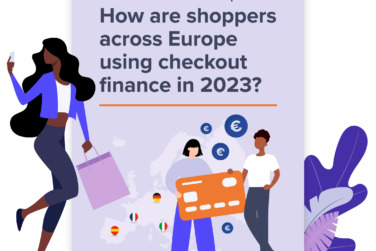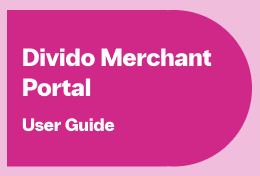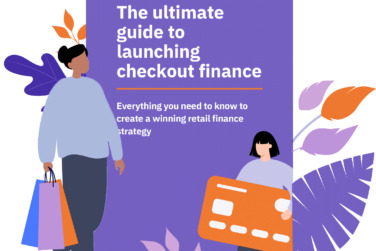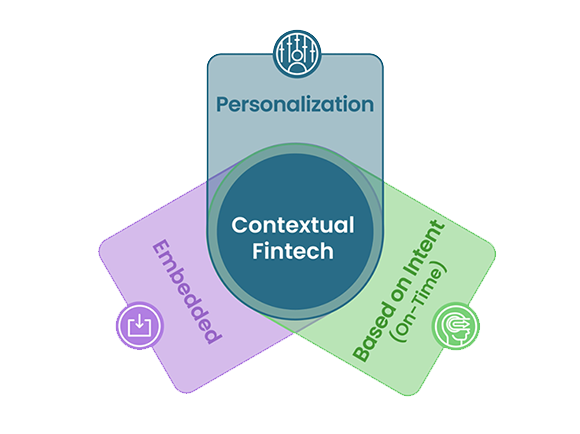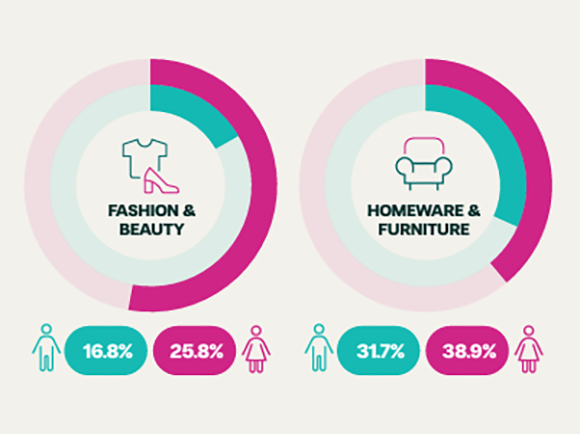Buy Now, Pay Later a ‘force for good’ in heating appliance sector

Many heating and plumbing merchants have implemented checkout finance solutions – sometimes known as ‘Buy Now, Pay Later’ (BNPL) or Short-term Interest-free Credit (STIFC) – at their online checkouts as a way to support their sales pipelines.
But as British households experience the worst cost-of-living crisis in a generation, these solutions could provide a social benefit too.
A Which? survey in October 2022 found one third of UK households can’t afford to cover the cost of a new boiler, with average costs around £2,300. Yet as many as 3% of British households will experience a boiler breakdown this winter.

For merchants yet to implement finance into their own retail strategies, this could be an opportune moment. Implementing checkout financing at this time could not only incentivise a greater number of sales, it could also generate positive brand recognition.
The business case study has been proven by retail finance platform provider Divido and their client BOXT.
Having implemented the white-labelled Divido finance platform on their website in 2017, BOXT now derives 40% of its total business through checkout finance, processing hundreds of transactions per week through the Divido platform.
With Divido, BOXT’s customers have the option to pay a deposit on day one, then choose a repayment period that suits their needs, up to 10 years. Loans can be provided at 0% interest, so long as the repayment period is under 24 months.
Moreover, because Divido’s platform is white-labelled, no third-party branding appears at BOXT’s checkout. The checkout process appears under BOXT’s name and logo, helping the business strengthen its relationship with customers.
From the customer’s perspective, there are several benefits to choosing finance. The first is that the customer can take delivery of their new boiler immediately. There is no need for them to break into their savings, or create a new savings pot. If their existing boiler has broken down, they can replace it right away.
The second advantage is that the customer can ‘lock in’ the price, protecting themselves from future price changes. This makes checkout finance particularly beneficial during promotional windows, but more importantly helps to protect the customer’s finances at a time of rising prices.
“Given the energy crisis, cost-of-living pressures and generally gloomy economic outlook, we expect that the proportion of our customers who choose to spread payments with a flexible finance plan will increase over the next couple of years. Offering credit for big-ticket items will be important,” BOXT CEO Andy Kerr told Raconteur.
Divido CEO Todd Latham adds that checkout finance can represent a “force for good” during the cost of living crisis, benefitting both merchants and their customers.
“Checkout finance has been shown to improve retail revenue in a number of ways,” he says, “which is important for merchants during a recession, when they may be starting to see sales drop.
“Finance has been shown to increase average transaction value, lower rates of basket abandonment and improve numbers of repeat purchases.
“When consumers feel more confident in their payment options, they spend more, and this benefits the merchants as well as giving customers access to essential purchases like heating appliances.”
Latham urges any merchant who has not already implemented a checkout finance scheme to start considering it – both for their own benefit, and for the good of their customers.
Although he urges retailers to do their due diligence before committing to any one retail finance option.
“Regulation around ‘Buy Now, Pay Later’ will arrive in 2023 and merchants need to be aware of their new obligations,” he says.
One such obligation is that retailers will need to provide clear and consistent communication around the nature of their lending programmes, making customers aware of the potential risks of choosing credit options.
For this reason, Latham says, it’s imperative that merchants choose lending partners with a strong pedigree in retail finance who can help them to set up fully-compliant journeys.
But the opportunity is still there, even beyond regulation and the cost of living crisis. A study from Juniper Research recently estimated that Buy Now, Pay Later transactions will amount to $1 trillion by 2026. Now is absolutely the time to take advantage of checkout finance.
You might also
be interested in
Keen to know more?


